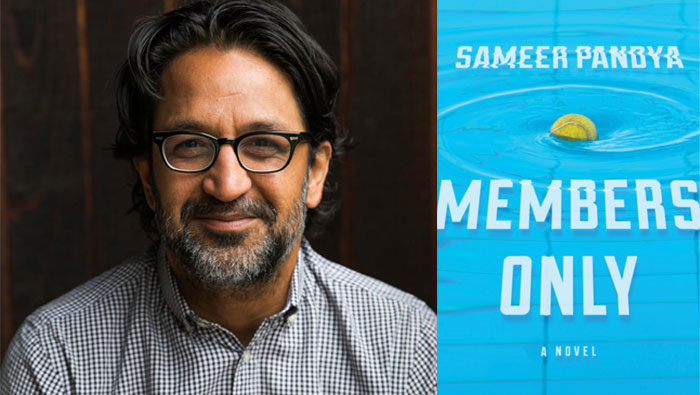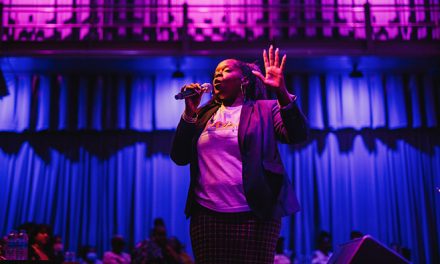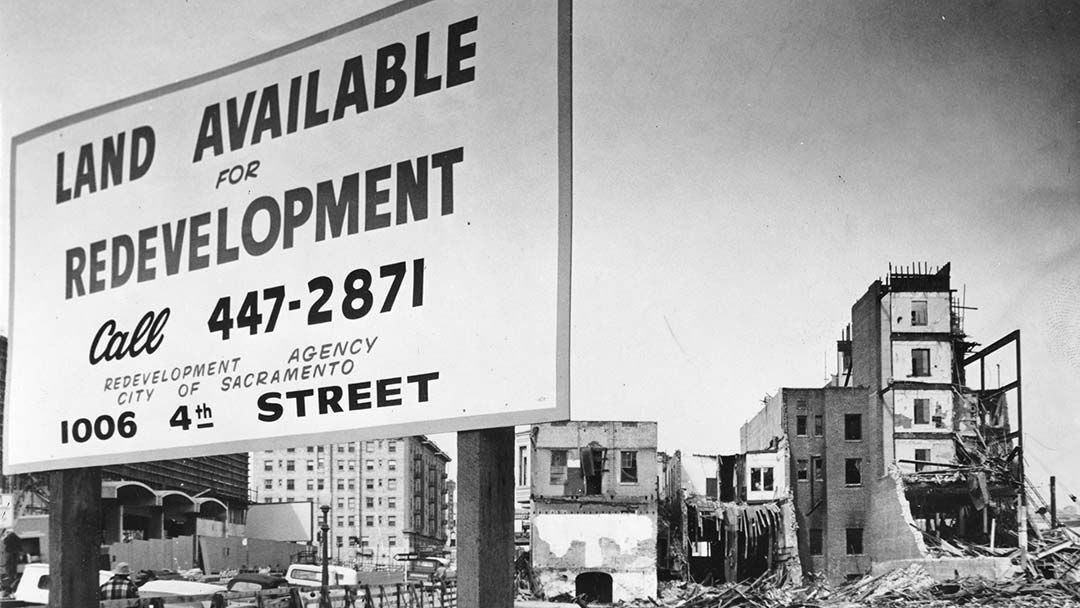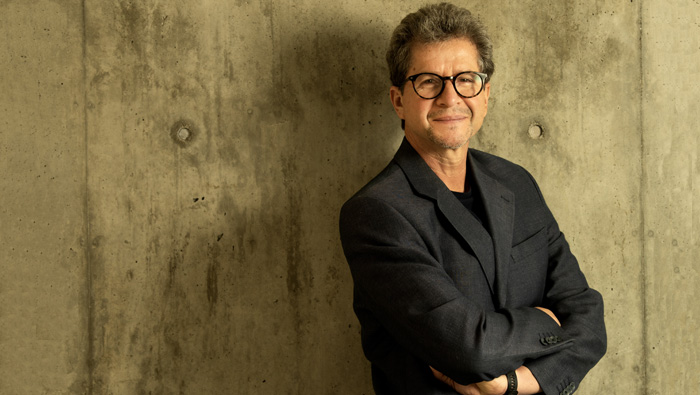
Critical Conversations
Sameer Pandya ’94 explores issues of race, belonging and midlife in his debut novel, Members Only (Houghton Mifflin Harcourt, 2020). The book follows Raj Bhatt, a middle-aged Indian American professor, over the course of a very difficult week — one that forces him to confront how society talks about race. Pandya, an assistant professor of Asian American studies at UC Santa Barbara, discussed the book with UC Davis Magazine.
What was your inspiration for writing this book?
I have had this character tapping on my shoulders for years. I wanted to write a novel in the first person about an Indian American everyman. He has a certain education level and class level, so an everyman from a particular milieu. I didn’t know how to do it. And then I entered my 40s, and I began to occupy some of these emotional spaces that Raj Bhatt ends up occupying. And then I had this idea of a cringeworthy moment and wrote the opening chapter as a short story. I had a sense there was a lot more here, that I wanted to spend more time with this character. When I go back into his past and his early life, you have an added layer.
Cringeworthy is a word that’s come up in reviews of the book, too — in a positive way. What do you hope readers get from it?
There is a way in which the scene that gets us going is profoundly cringeworthy. I didn’t sit down to do it that way. The scene itself is incredibly fraught, and the cringing kind of arrives. But what I did try to do on purpose is give this character a self-deprecating humor. I think perhaps the reviewers were also speaking to being able to enjoy the journey with a character that is extremely self-critical, self-referential and self-deprecating at the same time. I tried to balance out the difficult moments with a certain lightness of humor.
How do you think this book fits with the national discussion about race right now?
Part of the reason race as a category has had a consistent presence in our American lives is it operates on all sorts of levels. In this novel, I try to think about the implicit ways race operates. What are the quiet moments that have a strong presence to them? And how, in this one particular character, some of those implicit moments build up over the course of a week and lead to the climax of the novel. This, in a smaller way, is asking the question of how we talk about race.
You majored in history at UC Davis. Did you always want to be a writer?
I loved my time at UC Davis. I majored in history and had a minor in English. When I left Davis, I wanted to be a writer, but, if I’m completely honest, I was scared and nervous. I did a Ph.D. and became a literary scholar. When I was at UC Davis, I wanted to be a writer. I put it off for quite a few years. I returned back to it full time with my full attention in my early 30s when I was ready. That ambition was clearly set at UC Davis — it just took a little bit of time to settle into it.









